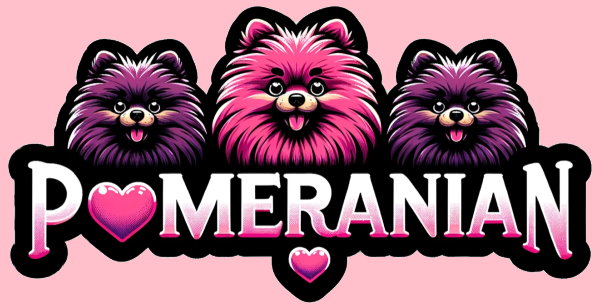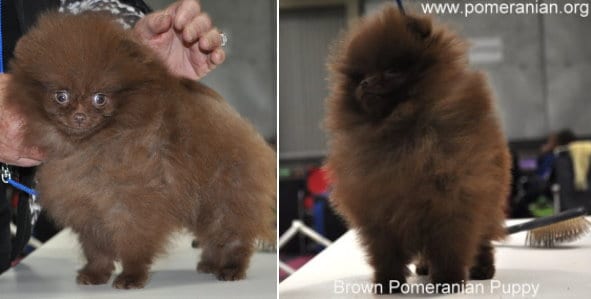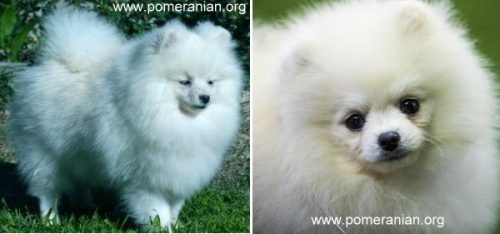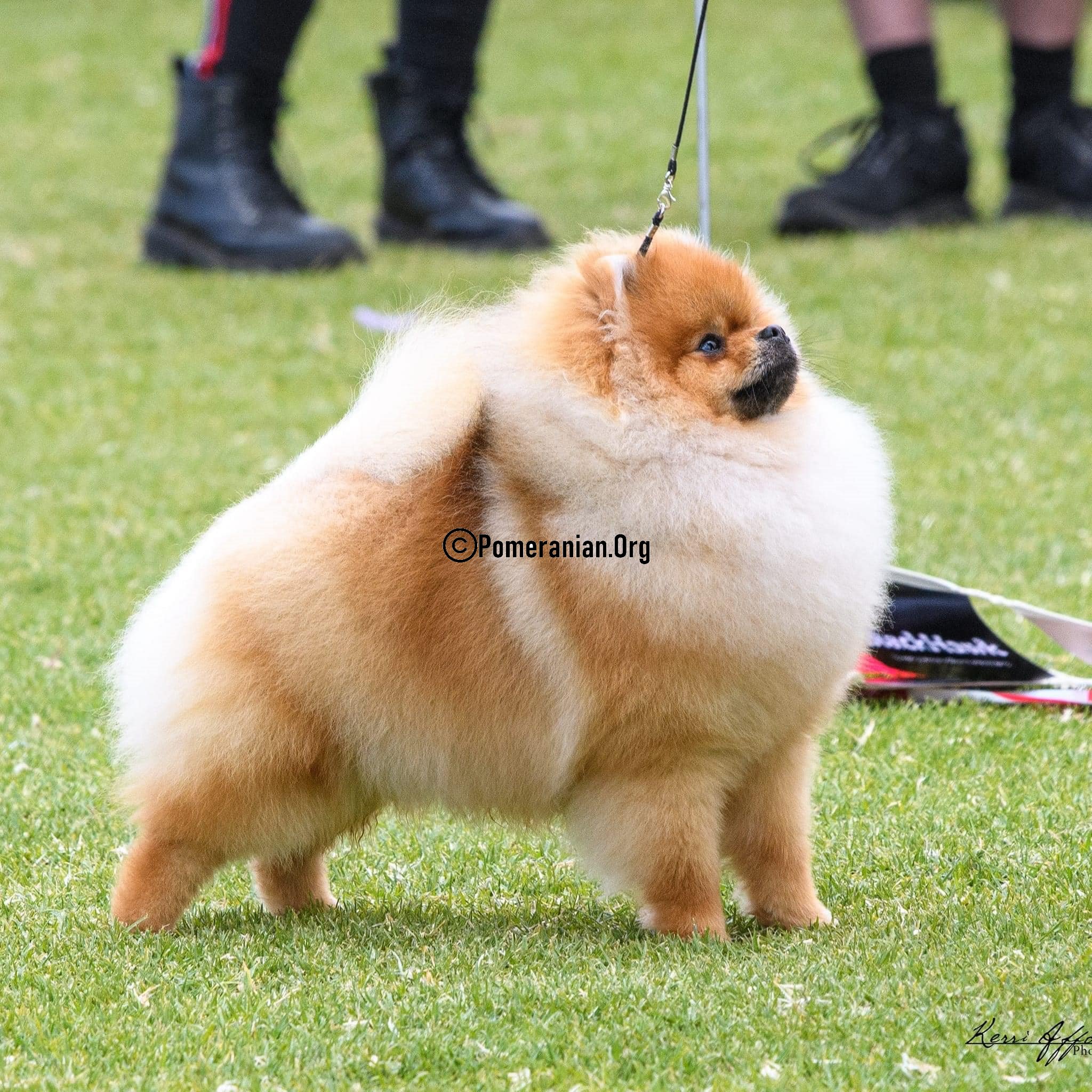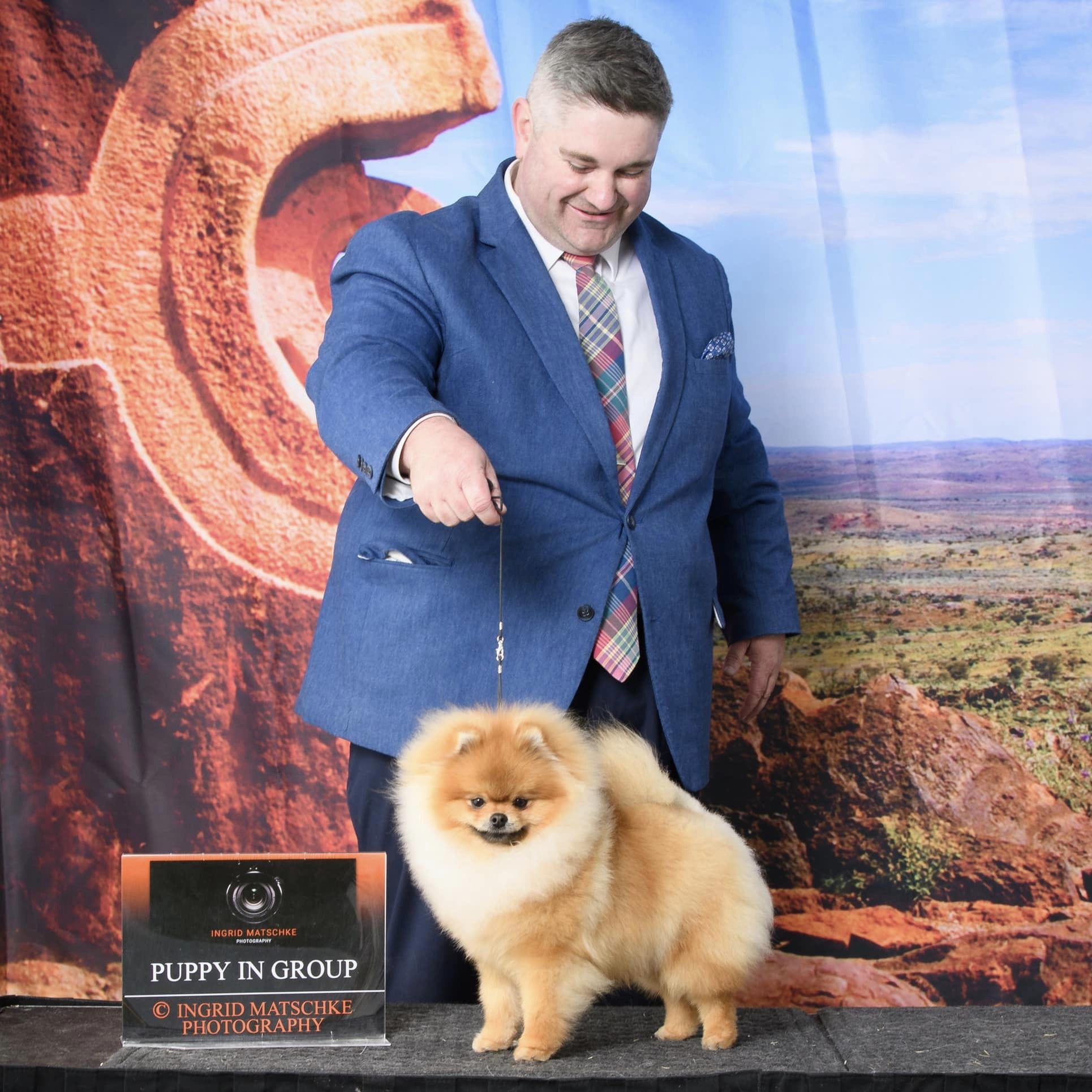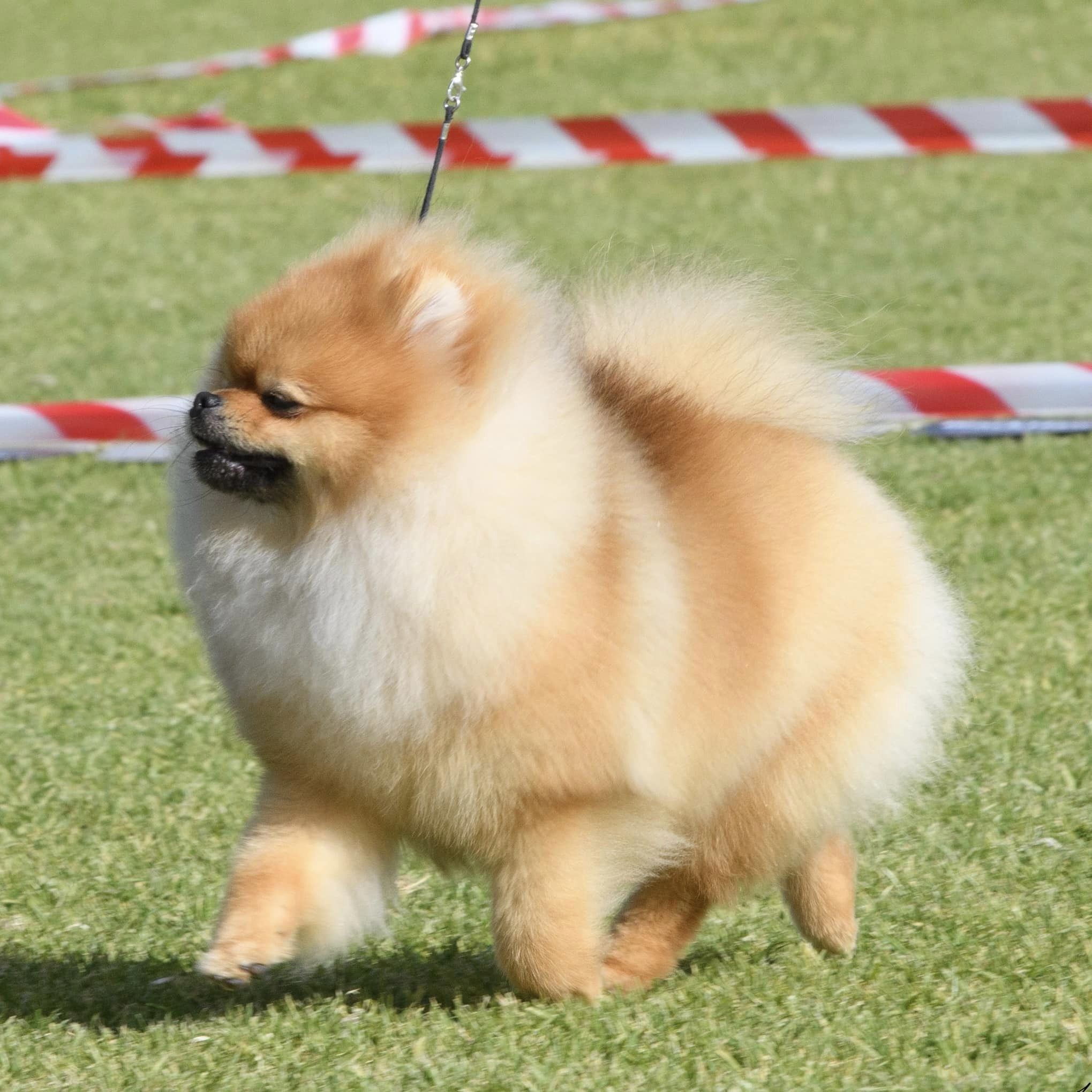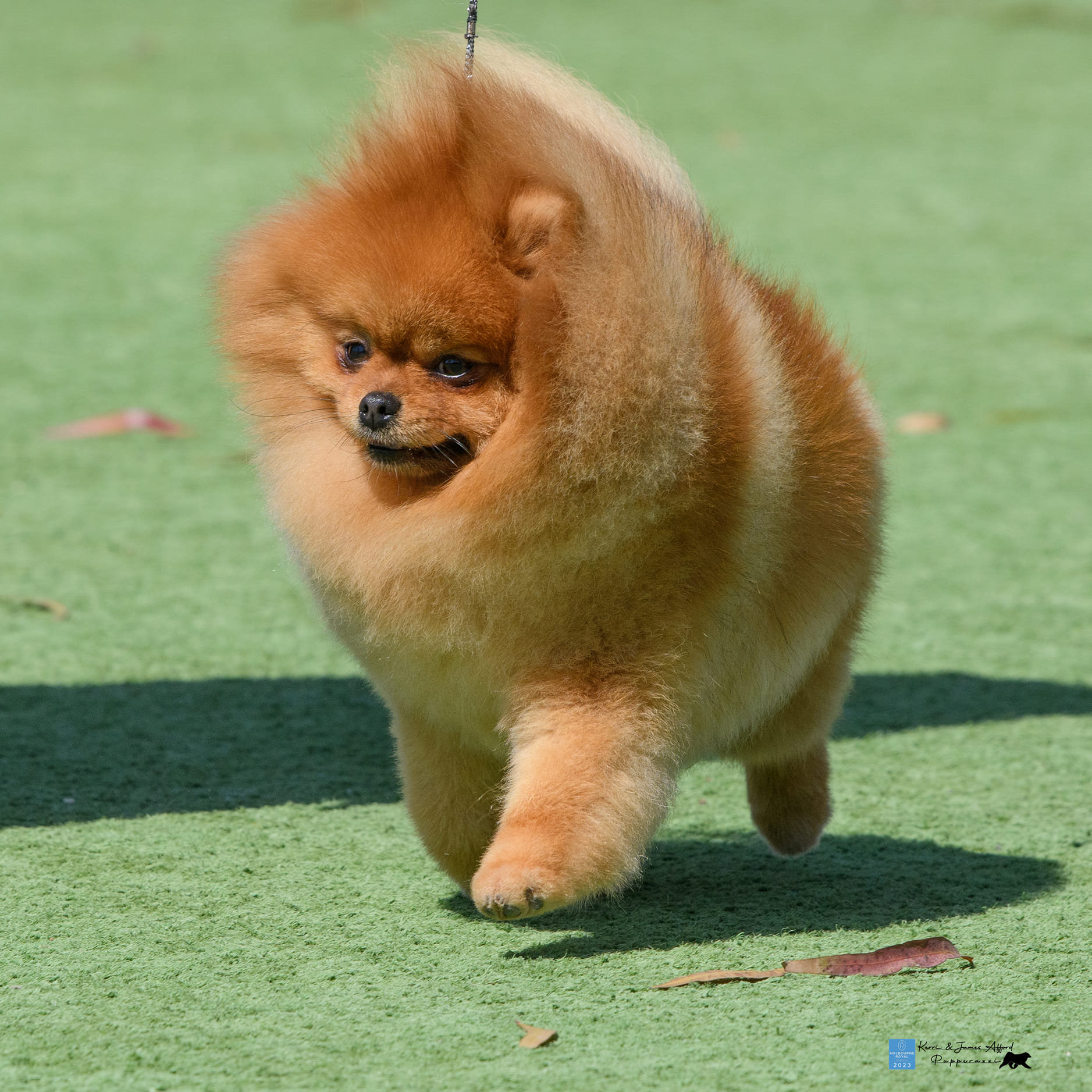Last Updated on 26/11/2023 by Denise Leo. Post first published on November 26, 2023.
Hey, Pomeranian lovers! 🐶💕 Have you ever noticed how our fluffy friends can change their coat colors as they grow? It’s a fascinating transformation, and I thought I’d share a bit about it
🎨 **From Puppy to Adult: A Colorful Journey** 🎨 When Pomeranians are born, they often sport a different coat color than what they’ll have as adults. This change is completely natural and part of their unique charm! 🐣
Puppy Phase: Young Poms usually have a softer, lighter coat. It’s adorable and a sneak peek of what’s to come.
🌟 Transition Phase: Their true colors emerge as they mature, typically around 6 to 9 months. This change can be gradual, and you might notice new shades and patterns appearing in their fur.
🐕 Adult Coat: The final color is often more vibrant. It’s not just about the color; their adult coat is also thicker and fluffier, making them even more cuddly! Did you know?
🤔 Pomeranians can have a range of colors, including red, orange, white, cream, blue, sable, black, chocolate, and more. Sometimes, they even have mixed patterns!
Explore the enchanting world of Pomeranian color change! Discover how these adorable pups transform from their soft, youthful coats into a spectrum of vibrant adult hues. Learn about the natural process, variations, and what to expect as your Pom grows. Perfect for Pomeranian enthusiasts and pet lovers!
After nearly five decades of breeding Pomeranians, I am often still surprised at the Pomeranian color change from puppy to adulthood.
It is not surprising many Pomeranian owners are also surprised at how the coat color of their Pomeranian has changed from puppyhood, during the pom’s adolescence, and finally, the adult Pomeranian colors.
Pomeranian Puppy Colors Explained
Pom puppies usually go through a Pomeranian fur color change when changing from puppy Pomeranian fur to adult Pomeranian coat.
The Pomeranian puppy color change lasts a few months, and some breeders refer to this as the Pomeranian puppy uglies or puppy transition.
Experienced breeders usually have a good idea of true adult Pomeranian color and know to check the hair color behind the ears of Pomeranian pups.
The hair color behind a Pom puppy’s ears at only a few weeks is a reasonably accurate guide to the Pomeranian puppy’s adult coat color.
Pomeranian owners concerned about their puppy’s color should chat with their breeder about any concerns.
Pomeranian Puppy to Adulthood Coat Color Change
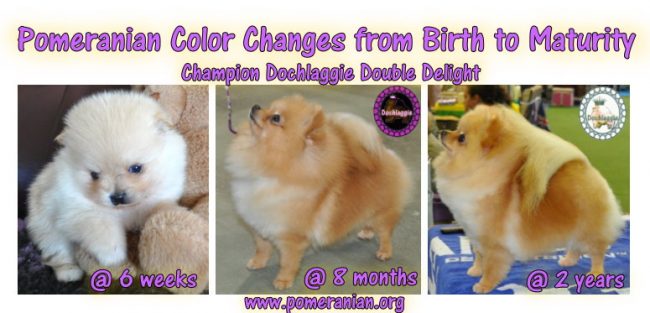
Pomeranian Color Change
Some colored Pomeranian pups will have a dramatic coat color change while others will have a little change to coat color as an adult Pom.
Cream Pomeranian Color Change
Light-colored Pom pups often are very light at birth and darken as they mature. A good example of this is a cream or light orange Pomeranian puppy. This puppy will often appear white at birth and mature as a cream or orange Pomeranian.
White Pomeranian puppies often darken. What is often referred to as a white Pomeranian puppy will mature into an orange Pomeranian at maturity.
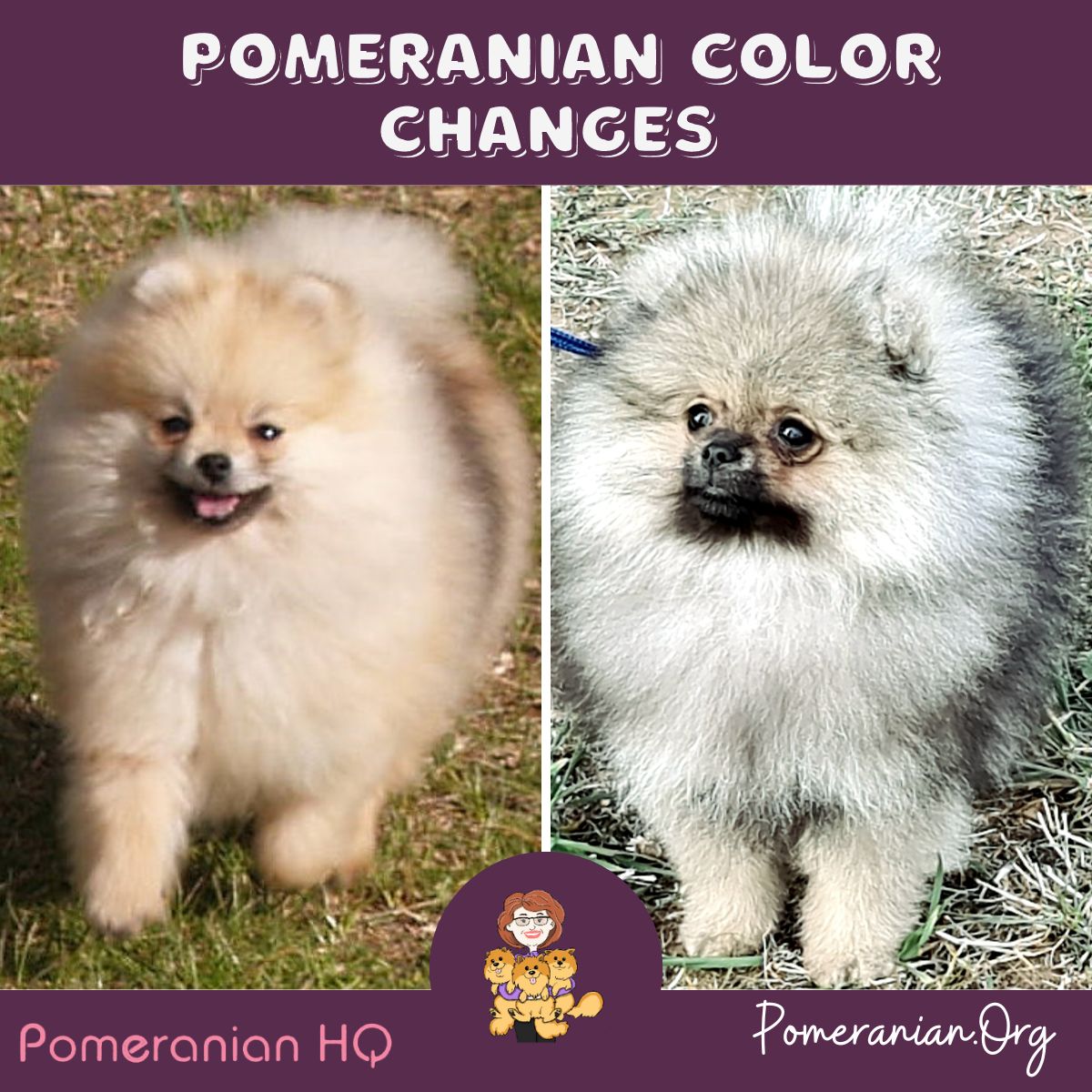
Do Black Pomeranian Puppies Change Color?
Usually, no, although the puppy fur may lose light shadings during the puppy coat change and appear darker. Wolf sable and Black and Tan Pomeranians often appear to be whole blacks as newborn Pomeranians.
Sable Pomeranian Color Change
A sable Pomeranian color change is probably the most dramatic in a baby Pomeranian to an adult Pomeranian. Sable Pomeranians are usually very dark at birth; as the hair grows, the dark sable-colored hair tips grow out to the end of the hair shaft.
Wolf Sable is another color where beginner breeders sometimes mistakenly register an orange sable Pomeranian puppy as a wolf sable Pomeranian.
Orange sable Pomeranian puppies often appear greyer than orange at six weeks. However, as they mature, the orange comes through. If in doubt, have your Vet organize a DNA test before registration.
I am sharing pictures of the different colors of Pomeranians at birth bred here at Dochlaggie Pomeranians through to Pomeranian dog adulthood.
For more pictures and full descriptions of Pomeranians: Pomeranian Colors, visit our page.
Colors of Pomeranians from Birth to Adulthood. Pomeranian Color Change Chart
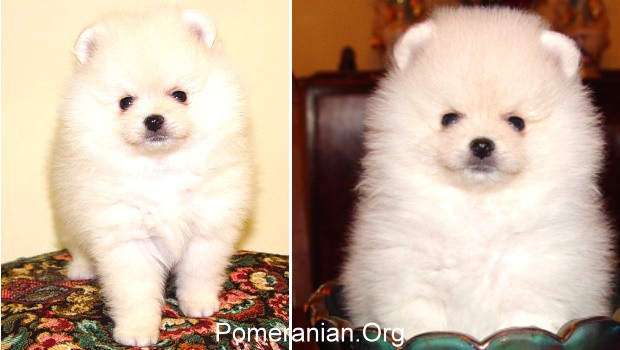
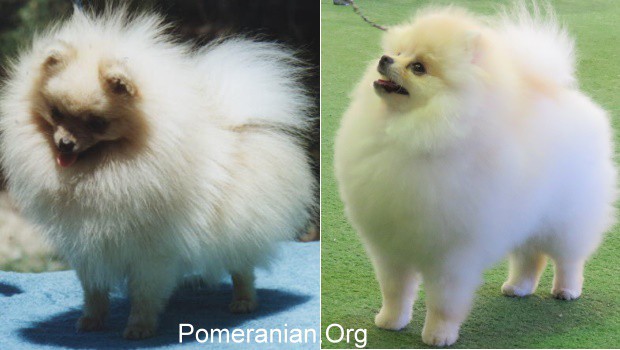
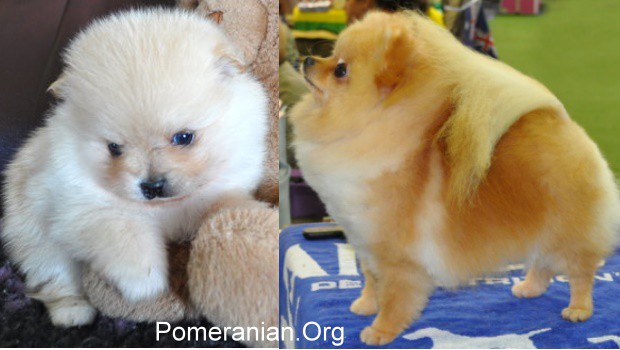
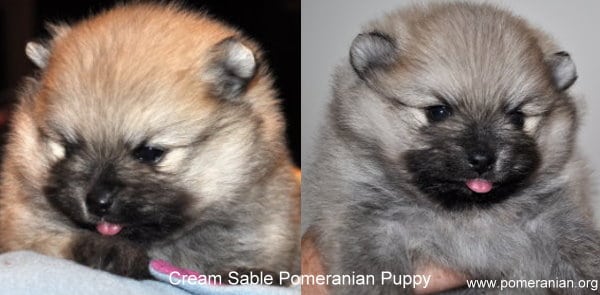
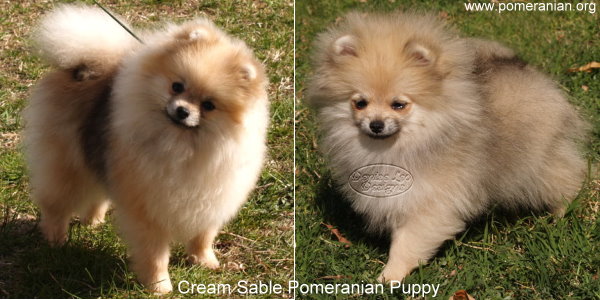
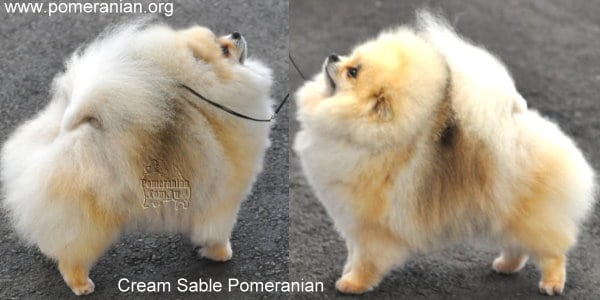
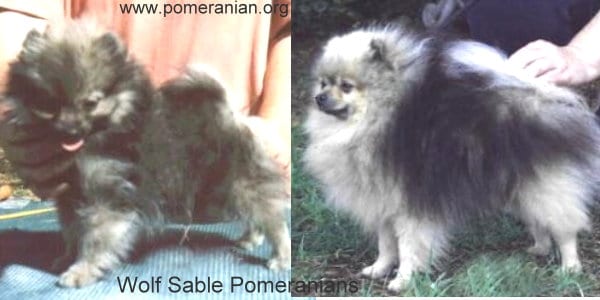
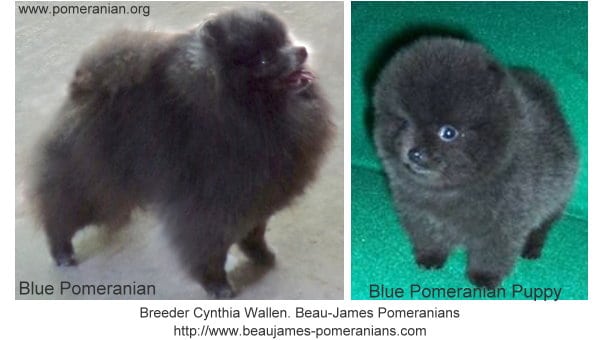
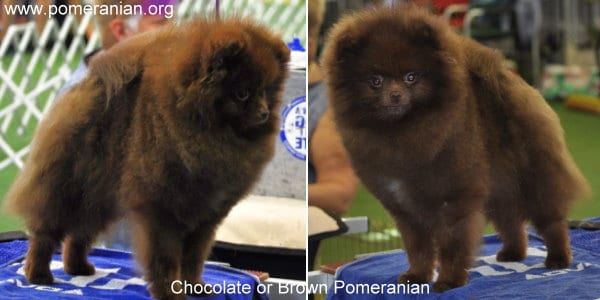
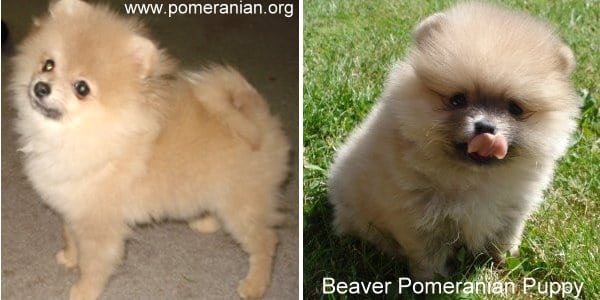
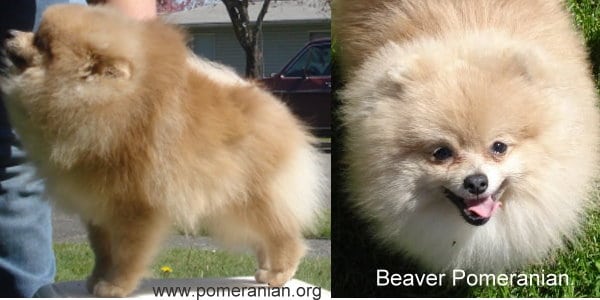
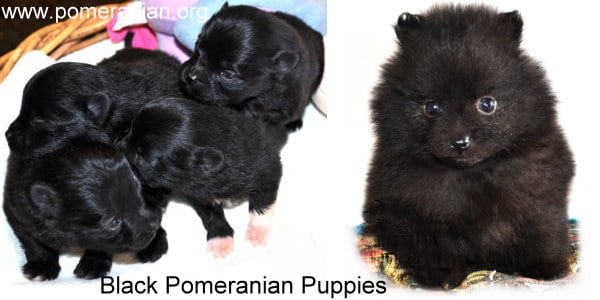
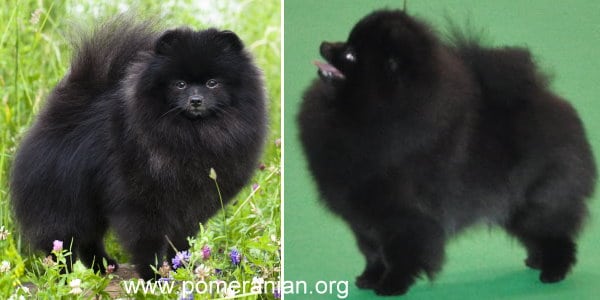
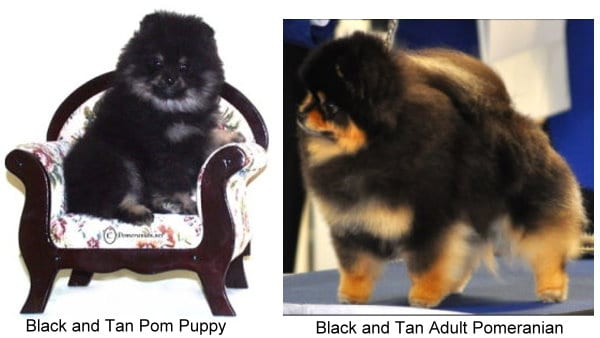
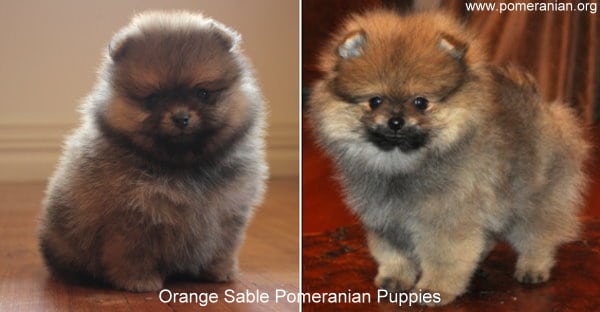
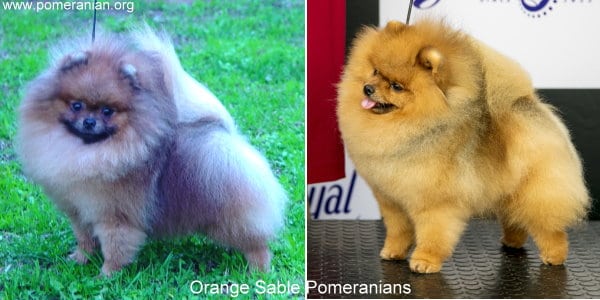
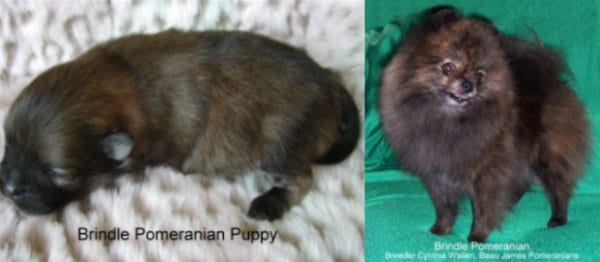
New brindle Pomeranian puppy.
Adult Pomeranian is Beau James Stripe Up The Band. Breeder Cynthia Wallen, Beau James Pomeranians.
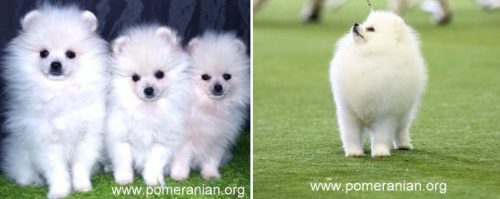
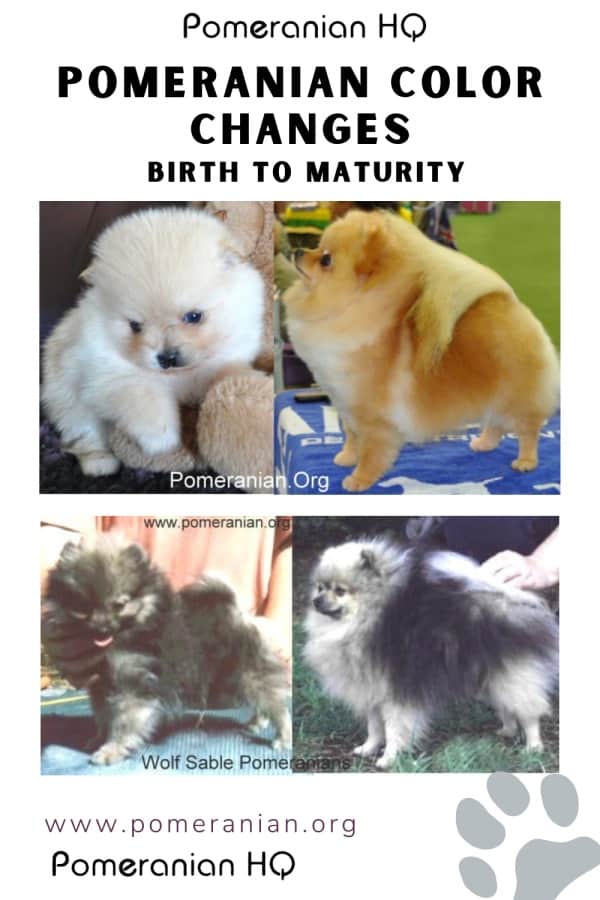
Final Thoughts on Pomeranian Color Change
As we wrap up our discussion on the fascinating topic of Pomeranian color change, there are a few key points to remember:
- Natural Phenomenon: The Pomeranian color change is a natural and expected part of their growth. Each phase is a wonder, from puppyhood’s adorable hues to adulthood’s vibrant shades.
- Unique to Each Pom: Every Pomeranian is special in how its coat color transforms. While some may undergo dramatic changes, others might retain a similar shade with subtle differences.
- A Rainbow of Colors: Pomeranians are known for their diverse coat colors. From striking blacks and whites to the rarer blues and chocolates, these little fluffs amaze us with their beauty.
- Patience is Key: Remember, the color change doesn’t happen overnight. It’s a gradual process that unfolds as your Pom grows, so patience is essential to witness this delightful transformation.
- Health Over Color: While we adore the varied colors of Pomeranian coats, it’s crucial to prioritize their health and well-being over aesthetics. A healthy Pom is always more beautiful, regardless of coat color.
While we do not have an accurate Pomeranian color change chart yet, I have provided photos of puppies and adults to guide you through your pup’s Pomeranian color change.
Copyright Pomeranian.org. All Rights Reserved.
References and Further Reading:
Official Standard of the Pomeranian (AKC). American Kennel Club, 2011.
Official English Kennel Club Pomeranian Breed Standard, 2017.
Denise Leo, The Pomeranian Handbook.
